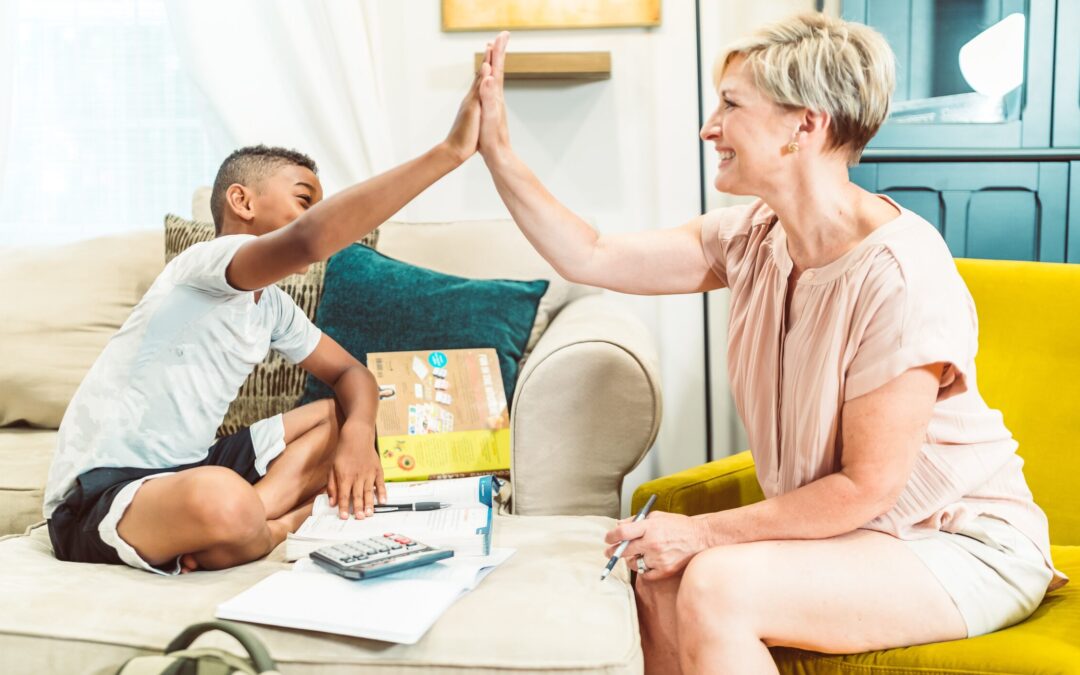Why children may need Occupational Therapy (OT)
A child’s development is a unique journey, and each child has individual experiences. Thus, it can be difficult to make generalised judgements about what is considered normal or natural child development, as various factors an affect a child’s development. These factors include such as personal characteristics, social situation, family history or environmental conditions. Nevertheless, sometimes parents may become concerned about their child’s development as they seem to be slower to achieve milestones than other children their age. Such difficulties include problems engaging and playing with other children, issues with self-care activities (e.g. dressing, feeding, toileting), or emotional or behavioural complications. Generally, it is advised that parents should first visit their GP or Paediatrician to discuss their concerns. A doctor will perform an overall medical and health check, and may be able to spot certain signs or symptoms that may relate to an underlying condition. For example, developmental delays or disorders such as autism, may be identified by a doctor. From here, the child may be referred to an occupational therapist (OT) service to help build essential life skills. Even if an underlying health condition is not highlighted, the child may still benefit from OT.
Common medical conditions that can benefit from OT
While children without a medical diagnosis may still work with an OT, some of the common conditions that an OT works with include the following:
- Autism Spectrum Disorder (ASD)
- Birth defects or injuries
- Burns
- Amputations
- Cancer
- Physical injuries such as hand or orthopaedic injuries
- Cerebral palsy
- Multiple sclerosis
- Juvenile arthritis
- Developmental delays or learning difficulties
- Behavioural or mental health issues, including problems with social skills
How to prepare for an OT meeting
Most OT services do not require a doctor’s referral and parents directly refer their child. The OT will require the child’s personal details, including relevant medical and social history. Other information such as the child’s current level of functioning (i.e. how much help do parents need to give on a daily basis?), social engagement and normal routines is also often helpful to know. If any medical or other health reports are available, it can also help the OT understand the situation more thoroughly. It is recommended for parents to have clear goals about what they would like to get out of therapy. This helps guide the OT and together, they can develop realistic and appropriate ways to help the child. While it is difficult to determine how long therapy may be needed, children with chronic medical issues may need ongoing supports.
Different types of OT supports
As each child is unique and different, the style, type and frequency of OT supports will differ. The specific areas that OT will aim to target depends on the child’s personal situation, communication needs and current functioning capacity. OTs try to enhance a child’s independence so that they can perform necessary activities and participate in society as they wish. For toddlers and pre-school aged children, OT usually centres on play therapy and building fundamental social skills. In school-aged children, OT often focuses on expanding social skills, fine and gross motor skills, attention and concentration, or developing basic self-care skills such as dressing, toileting and feeding. For adolescents, it is common for OT to help with improving organisation or social skills, learning difficulties and the skills related to employment, travel training.
Examples of how OT can help include:
- Gross motor skills to improve whole body movements such as balance, coordination, strength, endurance and posture.
- Fine motor skills to strengthen hand-eye coordination to complete tasks such as tying shoelaces, using cutlery and other implements (e.g. using scissors), handwriting.
- Visual perception and motor skills to enhance visual processing of information to be able to perform appropriate/related motor tasks. For example, copying something down, playing physical games or doing a puzzle.
- Some children can under or over-react to sounds, smells, touch, taste, visual cues or emotions. Sensory processing therapy helps children with receiving and interpreting their physical surroundings, including other people. This allows them to reduce distress in their environment.
- Social skills training to develop interpersonal skills to better engage with others, particularly peers their own age. OT in this instance will often focus on concepts such as sharing, turn-taking, conversational skills, and interpreting and responding to social cues.
- Developing skills for older children such as meal preparation, cooking or travel training (using public transport).
OT and the NDIS
The NDIS provides funding for OT supports and the number of OT services continues to grow. If your child does not have an NDIS plan and you feel that he/she qualifies for funding, ensure to speak to your doctor and contact the NDIS. The NDIS has strict requirements regarding what you need to provide to prove your child’s level of disability. Please visit their website for further information.


